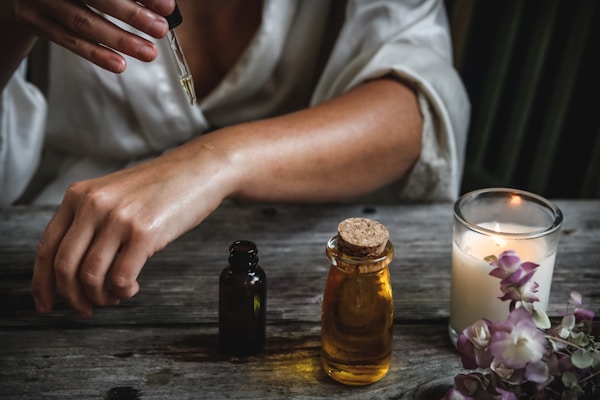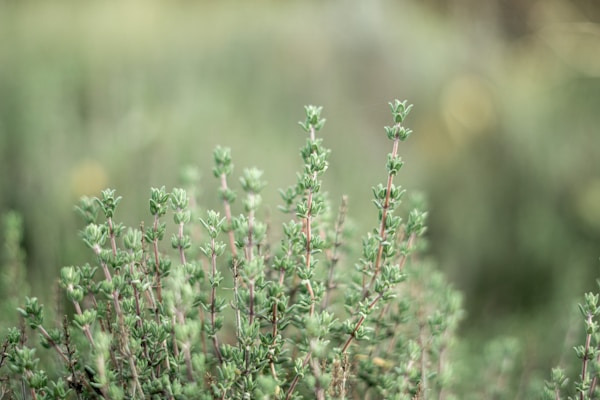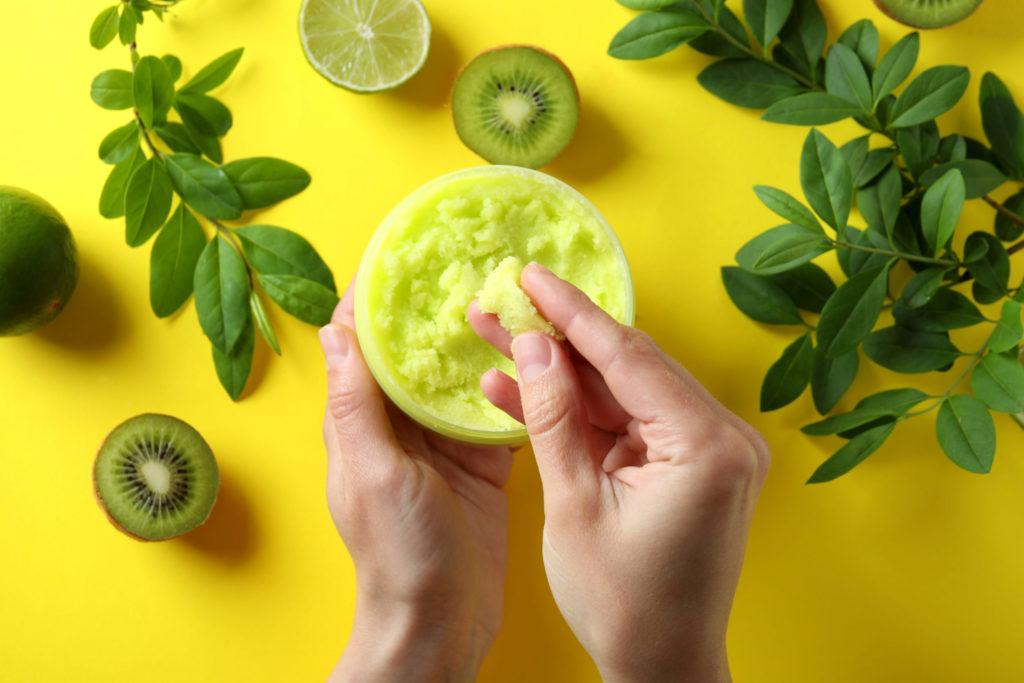There are a lot of benefits to using plants and plant products in your skincare routine. Plants can help to soothe irritated skin, reduce redness, and help to heal wounds. They can also help to protect your skin from environmental damage and keep it looking young and healthy. Several different plants can be used for skincare, but some are better than others. In this article, we will take a look at some of the best plants for skincare.
Plant-Based Skincare

The skin is the body’s largest organ and it needs just as much attention as the inside of our bodies. Plant-based products have become increasingly popular as an alternative to some chemicals, and there are many options available for a variety of skin concerns. To find the ideal product for your skincare needs, try using Google to search for “plant based skincare” and discover a whole world of natural products.
The best plants for skincare are those that have anti-inflammatory, antioxidant, and moisturizing properties. Aloe vera, chamomile, lavender, rosemary, and witch hazel are all great plants to use for skincare. Aloe vera, chamomile, and rosemary have anti-inflammatory and antioxidant properties, and aloe vera is a natural moisturizer known for relieving sunburn symptoms. Lavender has anti-inflammatory and moisturizing properties, and witch hazel—a common ingredient in some toners—has antibacterial and antioxidant properties.
Lemon Verbena
Lemon verbena (Aloysia triphylla) is a perennial shrub in the verbena family that grows 3-6 feet tall. The leaves are 2-6 inches long, ovate to lance-shaped, and have smooth margins. The flowers are small, tubular, and white or lavender. Lemon verbena has a lemony scent and is used in aromatherapy. It is also used as a culinary herb. Lemon verbena extract is used in skincare products for its antioxidant properties.
Thyme

Thyme is an evergreen herb that is a member of the mint family. The plant has small, gray-green leaves and purple flowers. Thyme has been used for centuries for its medicinal properties. The essential oil from thyme is high in thymol, which makes it a natural antiseptic. Thyme is also rich in antioxidants, which make it beneficial for skincare. Thyme can be used to treat acne, eczema, and other skin conditions. It can also be used as a natural facial cleanser and moisturizer.
Patchouli
Patchouli is a fragrant herb that has been used for centuries in traditional medicine. Today, it is most commonly used in skincare products due to its many beneficial properties. Patchouli is anti-inflammatory, antibacterial, and antifungal, making it ideal for treating a variety of skin conditions. It is also a natural antioxidant and can help protect the skin from damage caused by free radicals. Additionally, patchouli is thought to help reduce the appearance of wrinkles and other signs of aging.
Tea Tree Oil
Tea tree oil is a natural antibacterial and antifungal agent that can be used to treat a variety of skin conditions, such as acne, eczema, and psoriasis. Tea tree oil is derived from the leaves of the tea tree (Melaleuca alternifolia), a small shrub that is native to Australia. Tea tree oil contains terpenoids, which are compounds that have powerful antiseptic properties. When applied topically, tea tree oil helps kill bacteria and fungus on the skin and helps reduce inflammation. Tea tree oil can be used alone or in combination with other ingredients such as witch hazel or aloe vera gel.
Myrrh
Myrrh is a resin that is derived from the sap of certain trees. It has been used for centuries in skincare products for its purported anti-aging and antioxidant properties. Myrrh is said to help improve skin elasticity, reduce inflammation, and protect against free radical damage. It can be found in skincare products such as moisturizers, serums, and masks.















